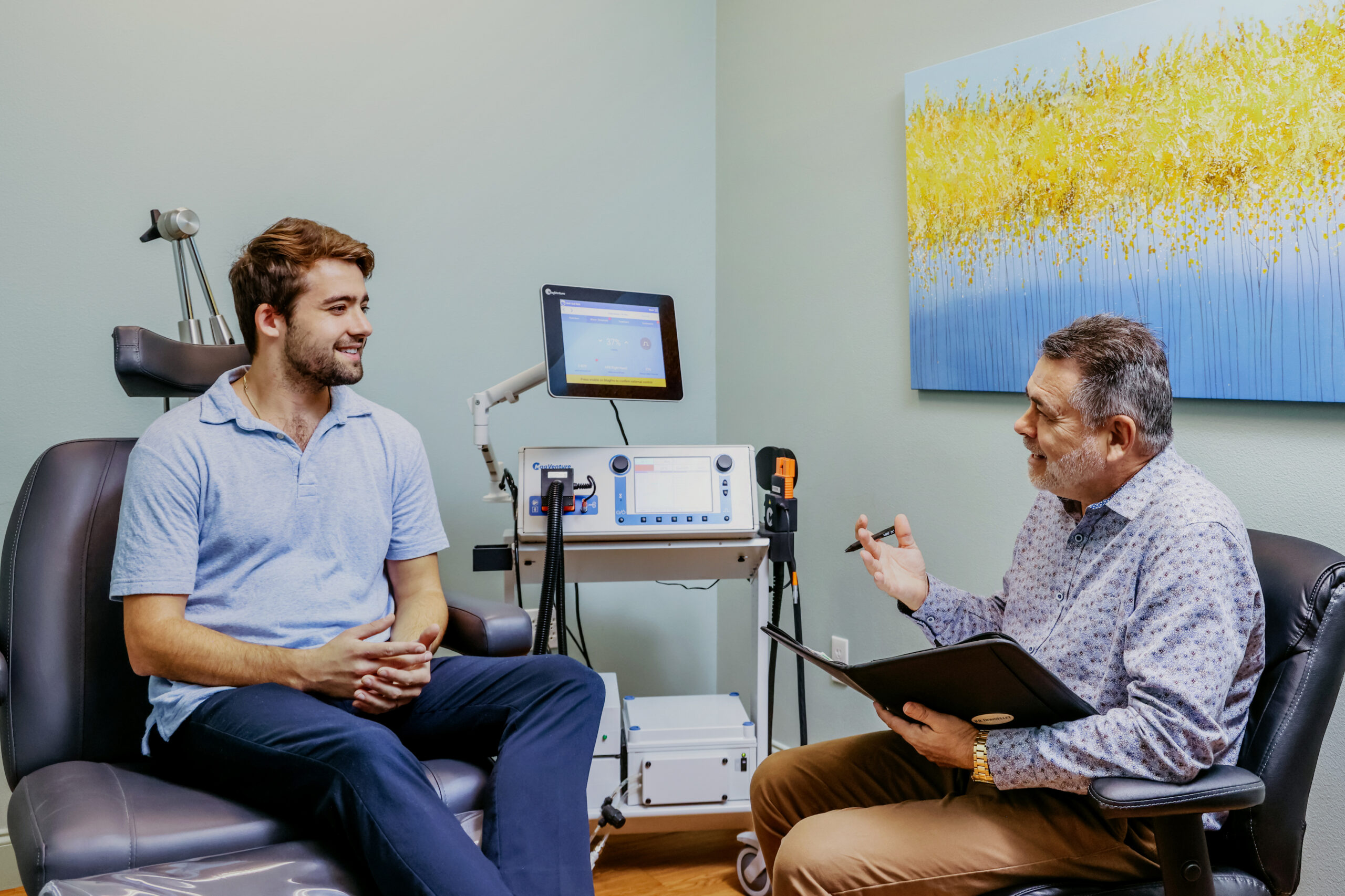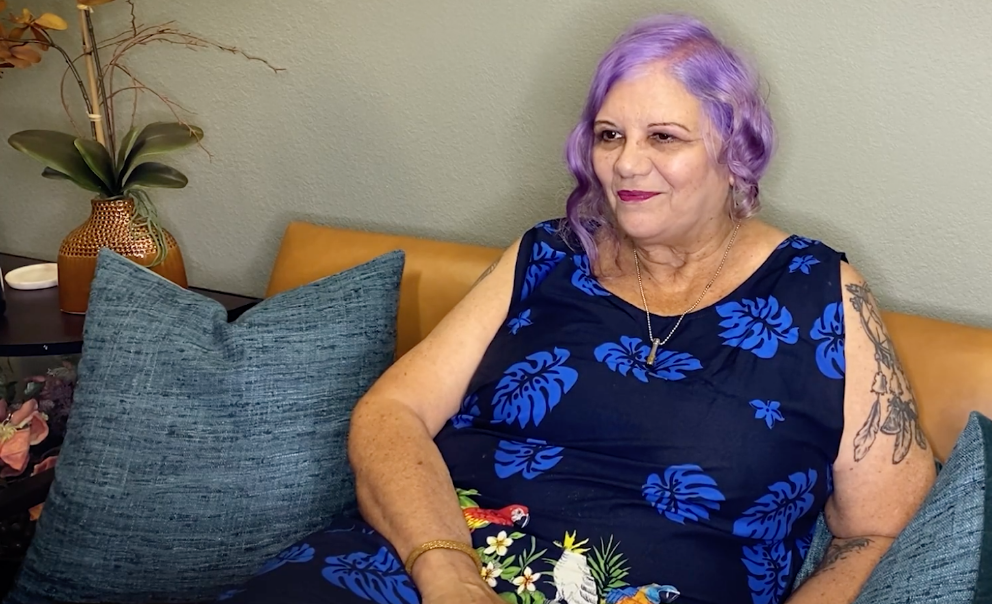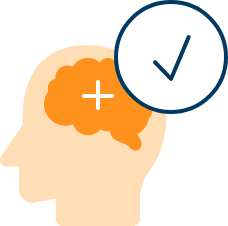
Where Does Depression Occur?
Depression occurs in a specific region of the brain known as the prefrontal cortex, located in the upper left-hand side of the brain. This area is home to the mood circuit, which plays a crucial role in regulating mood.
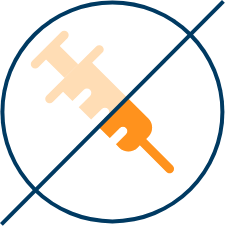
Depression Creates a Chemical Imbalance
When battling depression, the brain experiences reduced levels of key neurochemicals associated with happiness, such as dopamine, serotonin & norepinephrine. These ‘happy’ brain chemicals are essential for maintaining a positive mood and overall well-being.
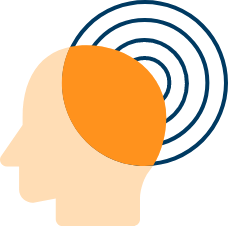
TMS Makes Your Brain ‘Happy’ Again
TMS Therapy targets the depressed part of the brain and ‘revives’ the sleepy area of the brain using a safe & gentle magnetic field. This magnetic stimulation boosts levels of dopamine, serotonin & norepinephrine which helps eliminate symptoms of depression.
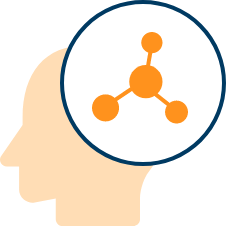
TMS Elevates Every Aspect of Your Life
TMS Therapy can help reduce and or eliminate depression symptoms. This leads to improved mood and well-being, helping patients feel more optimistic and engaged in life. When depressive symptoms aren’t in the way, patients find an improvement in their overall quality of life, including relationships, work productivity, and social engagement.

What Does TMS Success Sound Like?
Some common things we hear from our TMS Graduates: I feel normal again, I feel like a weight has been lifted off my shoulders, I live in the moment now, I’m interested in my hobbies again, I don’t cry uncontrollably anymore, I have my confidence and happiness back, I feel like me again, I am hopeful of the future, I feel calmer & at peace & I can finally enjoy time with family and friends.
Underactive Brain vs Healthy Brain
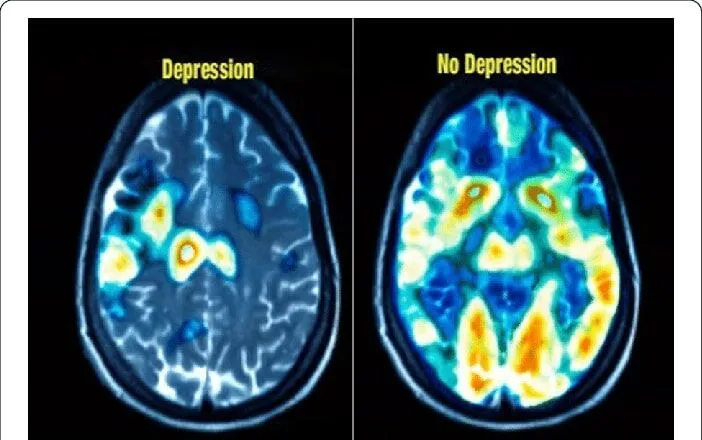
TMS Therapy Process
Your treatment plan is critical to your success.
- 1
Free Consultation
Give us a call. We listen to what you’re going through, answer any questions you might have about the treatment & can help determine if you’re a good fit for our TMS program. It’s a stress-free process. No strings attached.
- 2
Meet With Our Medical Director
Dr. Walter Griffith has been treating depression for over 30 years. He will provide a formal, comprehensive evaluation to help determine if you’re a good fit for TMS therapy. You are in great hands 🙂
- 3
Mapping
The TMS Mapping appointment is a simple and non-invasive process used to personalize your treatment. During this session, the doctor finds the right spot on your head to place the TMS device and determines the best level of magnetic energy for your treatment. It’s a bit like finding the perfect volume on your radio – not too loud, not too quiet, just right for you. This ensures that the TMS Therapy is both safe and effective for your specific needs. TMS is not shock therapy. We aren’t going to electrocute you 🙂
- 4
Daily Treatment
Daily TMS treatment is a straightforward and comfortable process. You sit in a relaxing chair, and a small device, which is like a special magnet, is gently placed on your head. This device sends gentle, safe magnetic waves to help improve your mood. Each session is short, about 18 minutes, and then you can resume your normal daily activities thereafter.
- 5
Graduation!
Graduation day is a great accomplishment for all patients who complete the full 36 rounds of treatment. We are blessed to see our patients transform into happy, joyful people who have the energy to tackle the world.
Real TMS Experiences
Handwritten surveys
-
Andy Cowsky
Read Andy’s Survey“I’m not depressed. I’m calm & Happy!”
-

Katherine F.
Read Katherine’s Survey“I cut my medication in half! I truly want to live my life”
-
Kristina H.
Read Kristina’s Survey“I don’t have any depression!”
-

Melissa G.
Read Melissa’s Survey“TMS tx feels like a miracle to me”
Request an Appointment
Our care team would love to hear from you! We want to see our patients get healthy.
This is our top priority.
- 7275771203
- Free Consult
FAQ’s
Yes! With the exception of Medicaid, all major Insurance plans cover TMS therapy. Dealing with insurance companies can be a daunting, overwhelming & intimidating task. For someone who is unfamiliar with the insurance coverage process, this can be a nightmare. Luckily, our practice has dealt with these insurance companies for over 30 years. We have created an efficient process that allows us to check and see if you’re covered. Let us handle the insurance headache while you fight your depression. Learn more here
One of the advantages of TMS therapy is its lack of annoying side effects compared to drug therapy. Sometimes antidepressants can cause sexual issues, weight gain, make you feel like a zombie or have numb feelings. TMS doesn’t come with any of that. It is safe. And it’s effective. Learn more here
Research has shown that when antidepressants are ineffective, TMS is the better option. Over 80% of patients benefit from TMS therapy! None of our patients get worse.. what do you have to lose?
No! They are completely different treatments. Unlike ECT, TMS is a non-invasive treatment. One common side effect of ECT is memory loss. TMS can actually help improve your memory as your depressive symptoms go away.
No! TMS can help alleviate more than just your depressive symptoms 🙂 Our TMS patients typically battle multiple diagnoses: Anxiety, Insomnia, Depression, PTSD, Traumatic Brain Injuries, OCD & more. With customized treatments, TMS can help!
The best way to describe TMS benefits is by reading reviews from our TMS patients. We strongly encourage you to read the TMS success stories. We have videos, handwritten reviews, google reviews, and long-form TMS reviews. Each story displays the effective, life-changing benefits of TMS 🙂







